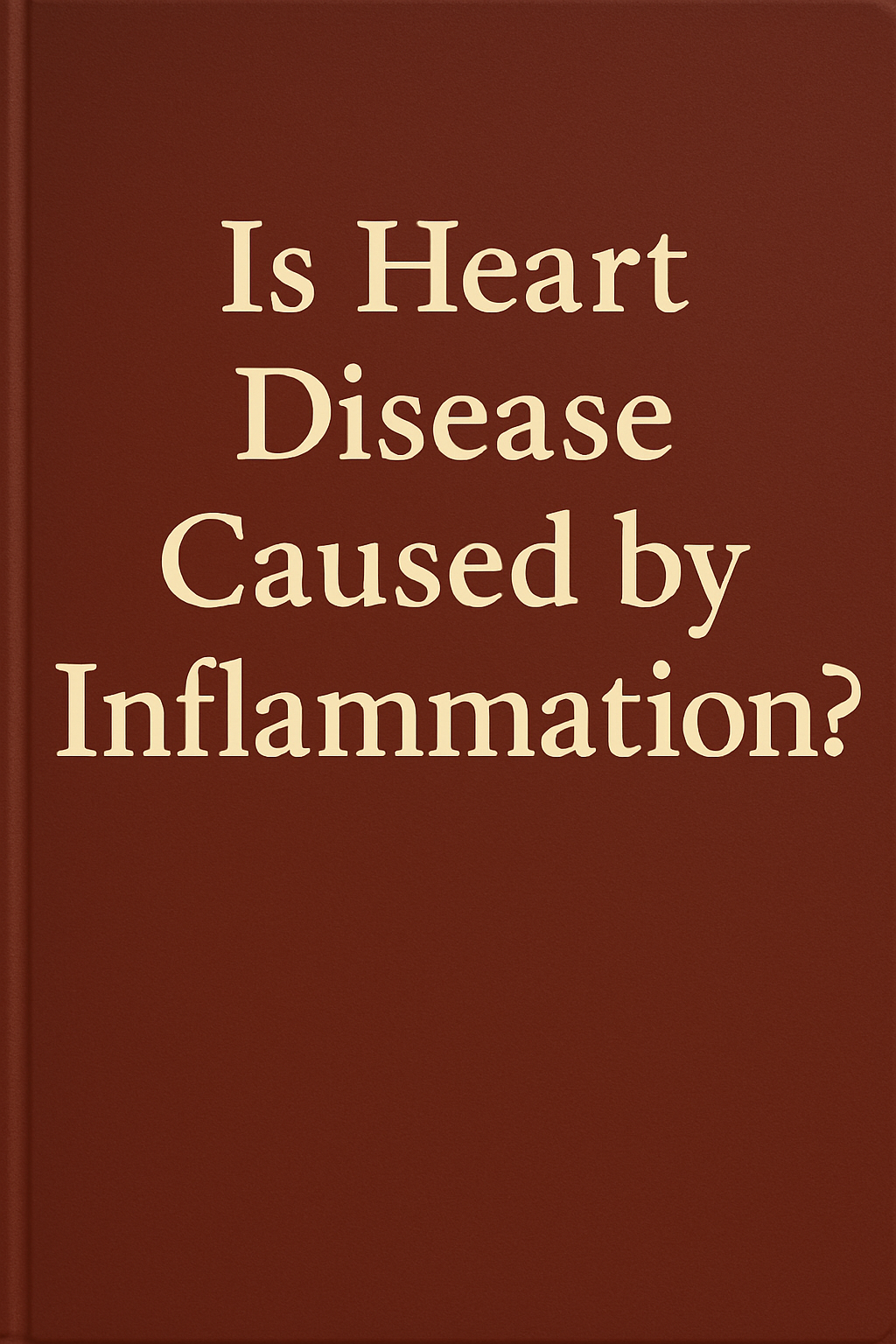LDL and Heart Disease: Why Inflammation Is the Real Culprit

For decades, the conversation around heart disease has centered almost entirely on cholesterol—specifically LDL, often referred to as the “bad” cholesterol. Many people have been told that if their LDL is high, they are destined for heart disease.
But here’s the truth: LDL by itself does not inevitably cause heart disease. The real danger emerges when high LDL is combined with chronic inflammation in the body. Without inflammation, elevated LDL often does little harm.
At Sheen Vein (Aesthetics and Functional Medicine), we help patients look beyond a single lab number and focus on the broader picture—especially inflammation markers that reveal real cardiovascular risk.
What is LDL Cholesterol?
LDL (low-density lipoprotein) is a particle that carries cholesterol from the liver to your cells, where it’s used for essential functions like hormone production, vitamin D synthesis, and cell membrane repair.
Cholesterol itself is not inherently bad—in fact, it’s vital for life. Problems arise when LDL particles become damaged or oxidized in a way that triggers the immune system to respond.
The Missing Link: Inflammation
Inflammation is your body’s immune response to perceived injury or threat. In the short term, it’s protective. But when inflammation becomes chronic, it silently damages tissues—including the inner lining of your blood vessels, known as the endothelium.
When the endothelium is inflamed:
- Small cracks or irritations form in the vessel walls.
- LDL particles can more easily slip beneath the surface of the artery wall.
- If those LDL particles become oxidized, the immune system attacks them as if they were dangerous invaders.
- This sets off a cycle of more inflammation, plaque buildup, and eventual narrowing or blockage of the arteries.
Without inflammation, LDL tends to flow harmlessly through your blood vessels, doing its normal job.
Why Some People With High LDL Stay Heart-Healthy
Many patients are surprised to learn that some people with high LDL have perfectly healthy arteries, while others with only slightly elevated LDL develop significant plaque. The difference often lies in inflammation levels.
Two people with the same LDL number can have drastically different risks for heart disease depending on:
- C-reactive protein (CRP) levels
- Homocysteine levels
- Oxidative stress markers
- Blood sugar control (since insulin resistance promotes inflammation)
This is why a functional approach to heart disease risk involves more than just a cholesterol panel—it includes testing for inflammatory markers.
Common Causes of Chronic Inflammation
Even if your LDL is moderately high, reducing inflammation can dramatically lower your risk. Chronic inflammation is often fueled by:
- Poor diet – High in processed foods, refined sugar, and trans fats
- Sedentary lifestyle – Lack of exercise reduces anti-inflammatory signaling
- Smoking – Direct damage to the endothelium
- Chronic infections – Gum disease, sinus infections, etc.
- Uncontrolled blood sugar – Increases oxidative damage to LDL particles
- Obesity – Fat tissue releases inflammatory chemicals
How We Approach Heart Disease Prevention
At Sheen Vein (Aesthetics and Functional Medicine), we go beyond the “LDL-only” approach. If you have elevated cholesterol, we evaluate:
- Inflammatory markers (CRP, homocysteine, fibrinogen)
- Blood sugar and insulin levels
- Oxidative stress levels
- Vascular health with advanced imaging or functional testing
From there, we create a plan that addresses the true drivers of heart disease—often focusing on inflammation reduction.
1. Anti-Inflammatory Nutrition
- Prioritize omega-3 fatty acids (salmon, sardines, flax)
- Eat a variety of colorful vegetables rich in antioxidants
- Avoid processed seed oils and refined carbohydrates
2. Lifestyle Strategies
- Regular physical activity to improve endothelial function
- Stress reduction techniques like meditation or breath work
- Adequate restorative sleep
3. Targeted Supplementation
- Omega-3 fish oil to reduce inflammation
- Magnesium to support vascular relaxation
- Curcumin and resveratrol for antioxidant support
- Vitamin D for immune and vascular health
4. Addressing Root Causes
- Treat gum disease or chronic sinus infections
- Improve gut health to reduce systemic inflammation
- Manage blood sugar levels in prediabetes or diabetes
The Bottom Line
LDL cholesterol is not the villain it’s often made out to be—it’s part of a much larger story. Without inflammation, high LDL alone rarely causes significant heart disease. But when inflammation is present, LDL can become damaged, immune reactions intensify, and plaque begins to form.
If you’ve been told you have high cholesterol, it’s important to dig deeper. By identifying and treating inflammation, you can protect your heart health far more effectively than by focusing solely on LDL numbers.
📍 Serving St. Louis, Sunset Hills, Kirkwood, Webster Groves, and surrounding Missouri communities
📞 Call 314-842-1441 or schedule your consultation online to learn how we help patients address inflammation, optimize cardiovascular health, and live longer, healthier lives.
Internal Links for SEO: